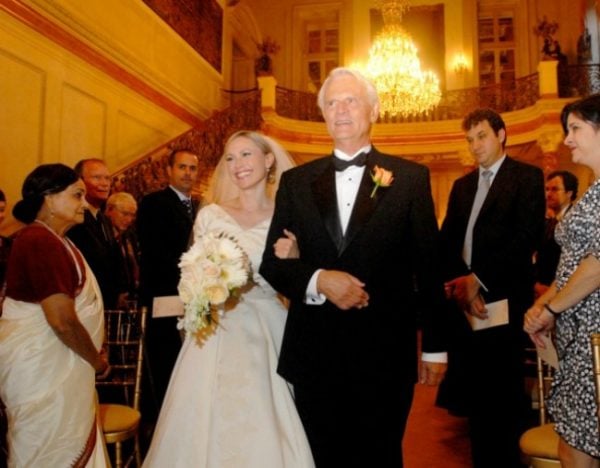Content note: This post contains themes of suicide, and may be triggering for some readers.
Sometime in the morning of May 15, 2009, my dad left my parents’ house for the last time. At noon my mother called me in a panic to tell me dad was gone.
I told her to call emergency, but I knew then we would never see him alive again. For more than 30 years, my dad had struggled with depression. I grew up prohibited from talking about his suicide attempts, his diagnosis or whether or not he was taking his medication.
Dad’s mental health was a forbidden topic.


Top Comments
Very funny people often do have mental illness too.
A very wise little boy I know, whose father recently committed suicide said when I STUPIDLY didn't immediately grasp why his father has died (I knew the man very vaguely at extra-curricular pick-up and he was a devoted, loving father), that ''my dad had an awful illness called depression and it killed him.'' What a perfect, short explanation to give insensitive morons who blunder and ask personal questions! It also works for newspaper obituaries ''XYZ passed away after a lengthy battle with depression'', or even ''XYZ passed away on ABC after a long illness''. What's wrong with ''long illness''? It's true. Why do newspapers have to have the gory specifics? What possible requirement do they have for that level of detail? He died. He was ill, ill for a long time, struggled, then passed away. The end.